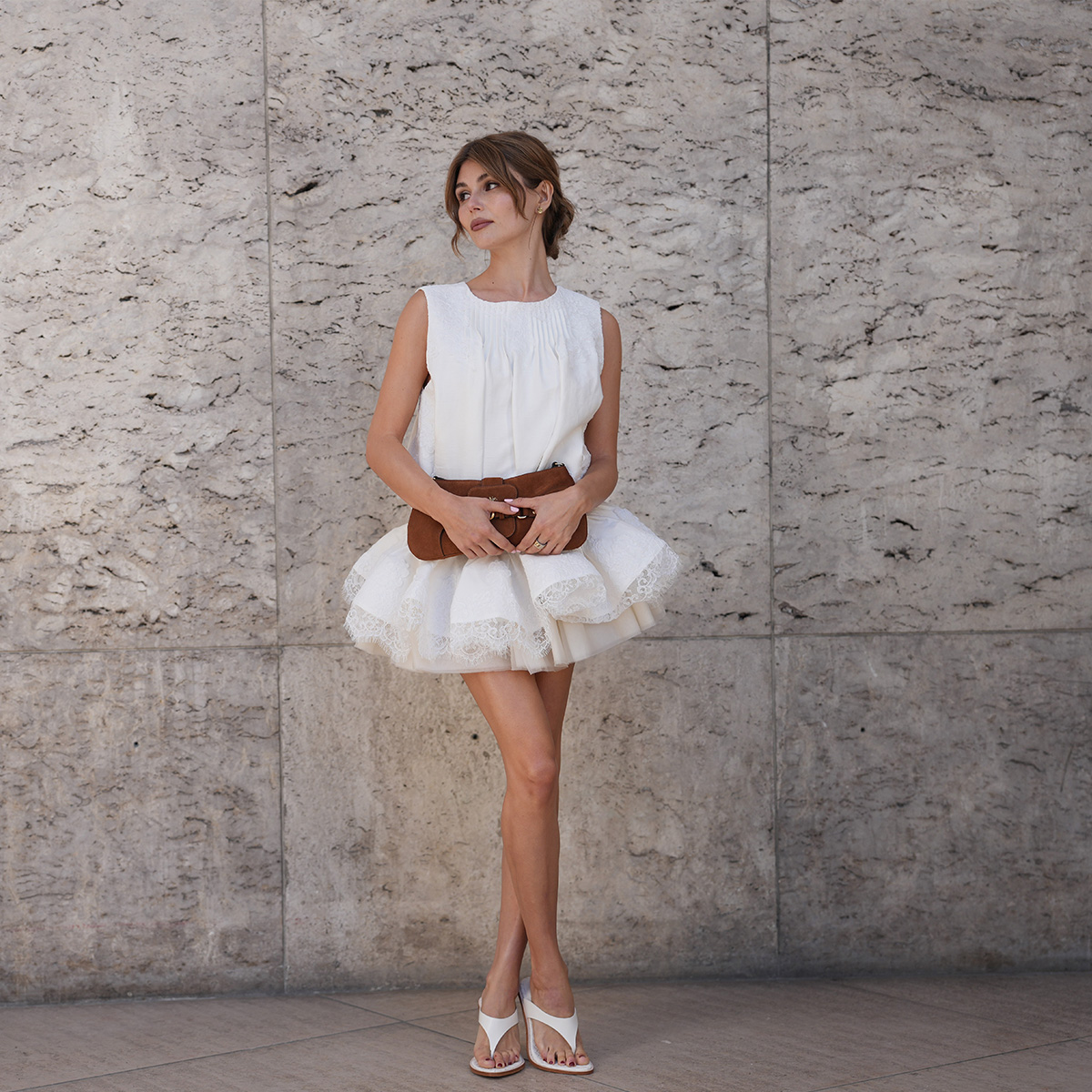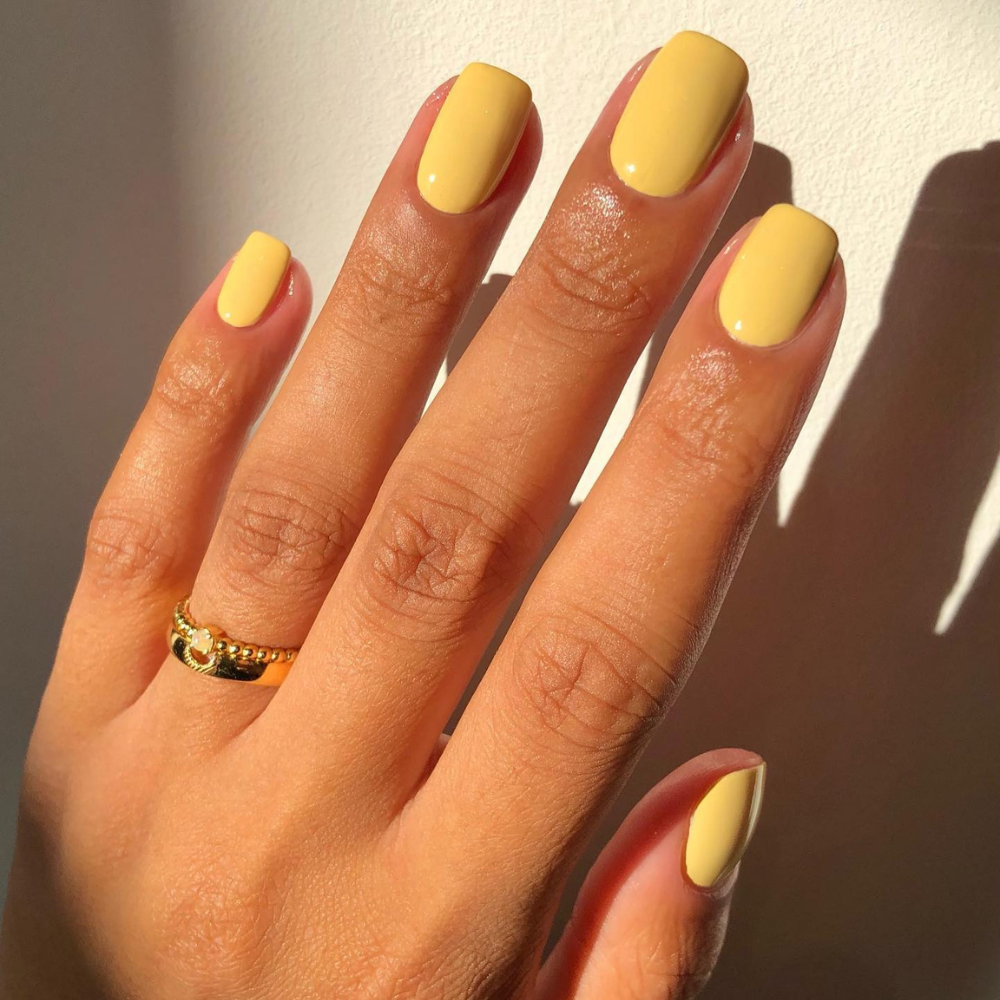How Rina Sawayama Went From Cambridge To Performing Sold Out Venues
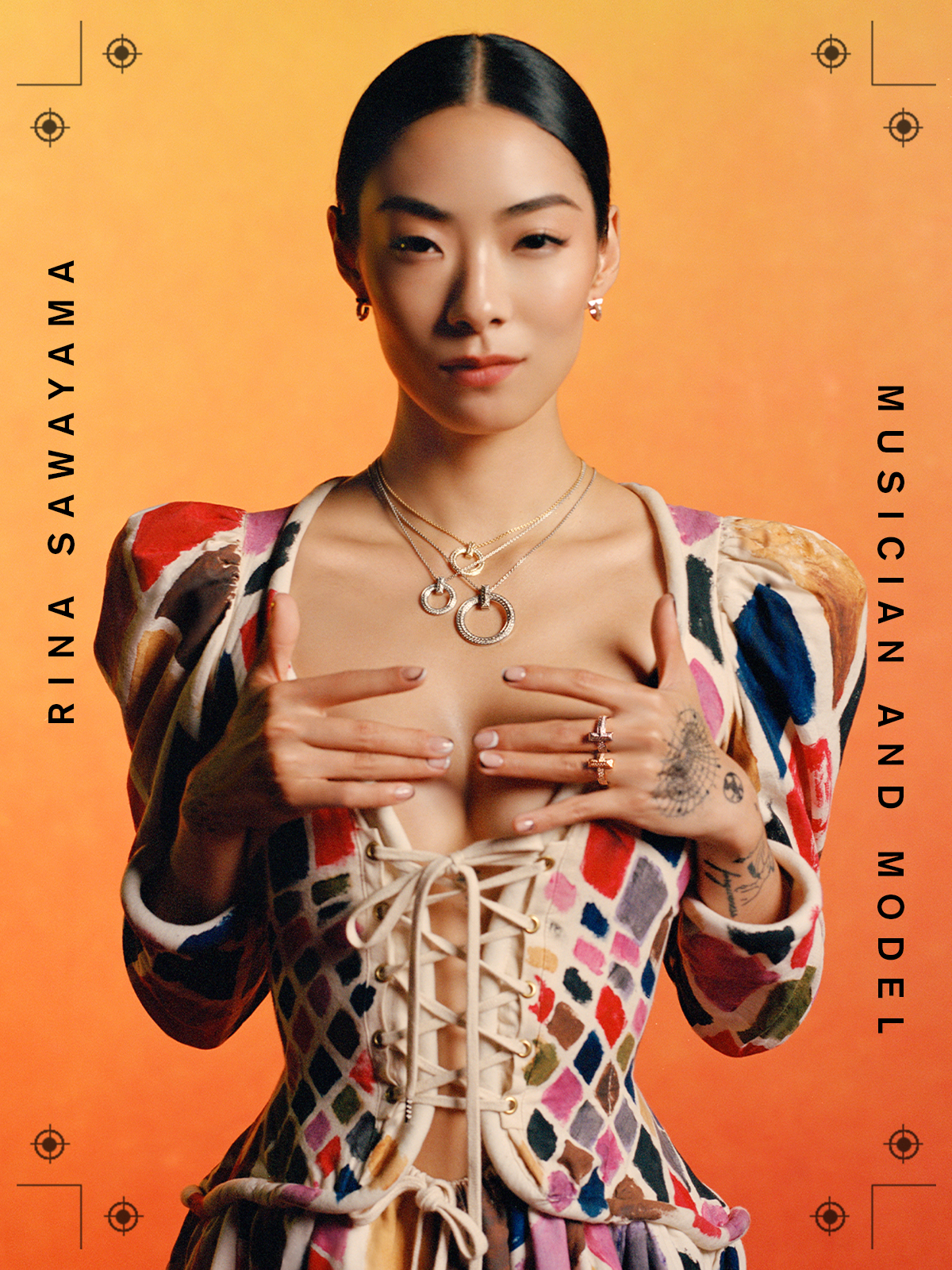
Welcome to our podcast, Who What Wear With Hillary Kerr. Think of it as your direct line to the designers, stylists, beauty experts, editors, and tastemakers who are shaping the fashion-and-beauty world. Subscribe to Who What Wear With Hillary Kerr on Apple Podcasts and Spotify.
Singer-songwriter and model, Rina Sawayama, has been releasing music since 2013, but it wasn't until she released her debut album Sawayama that she struck gold.
Sawayama was a critical hit.
Building off of the success of Sawayama's debut album, the Japanese and British artist is back with her sophomore record, Hold the Girl. Plus: She's our August cover star.
Sawayama sat down for Wholesale Replica Bag episode of Who What Wear With Hillary Kerr, where she shared how she went from graduating from Cambridge to performing on some of the world's biggest stages.
For some excerpts of their interview, scroll below.
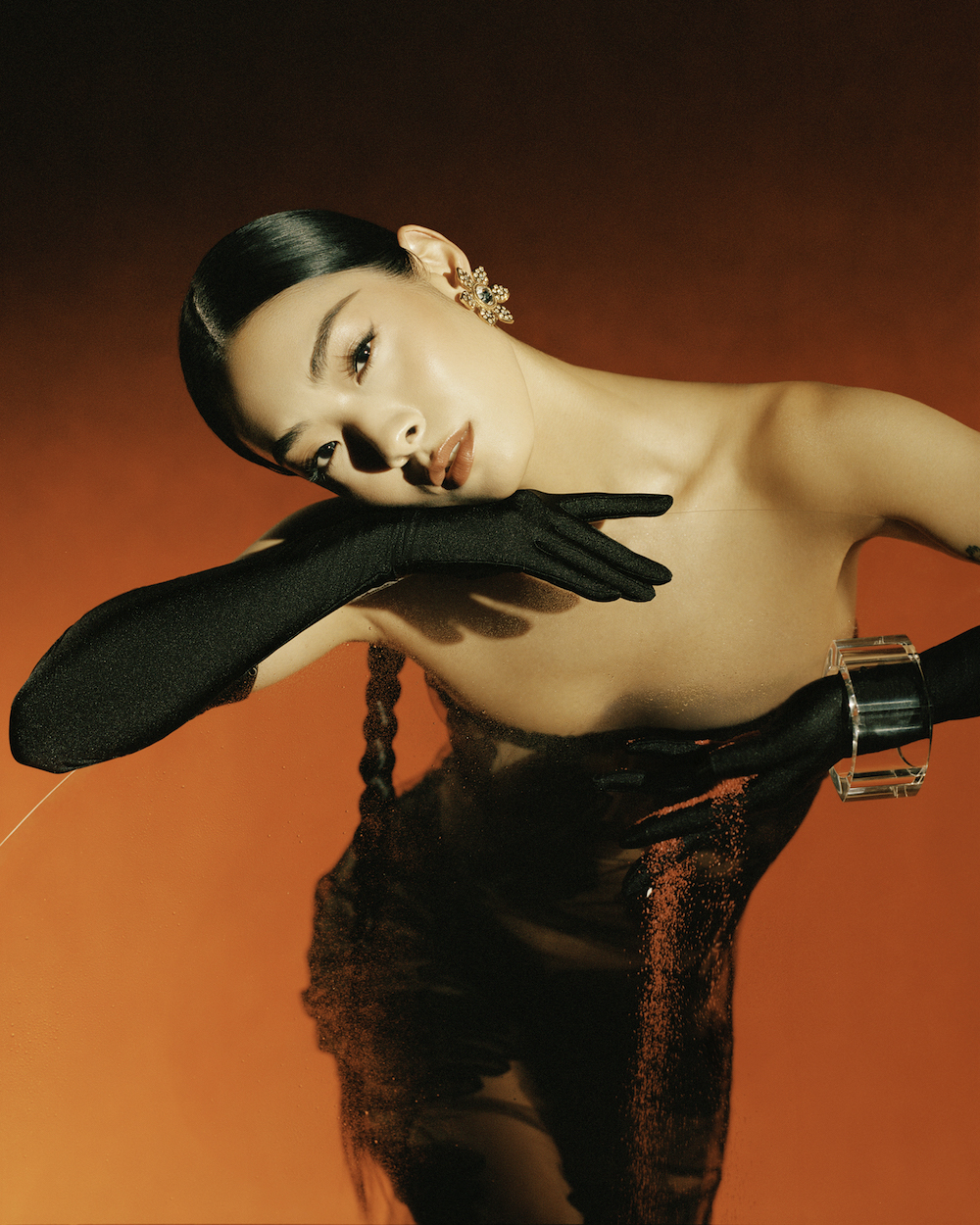
Your career has blown up in the past few years. What was the starting point for you with your relationship with music?
I think I've loved singing since I was really young. I always said, "I really want to be a singer", but I didn't actually know how to do that.
When it came down to actually doing music as a job or a career—I want to say early to mid 20s—was the first time that it was actually a possibility.
Before that, I just didn't know how to get into the industry. The lucky thing was I did live in London and I still live in London. That meant I had access to venues and I was able to travel locally to meet people if I needed to. It was pretty much my early to mid 20s.
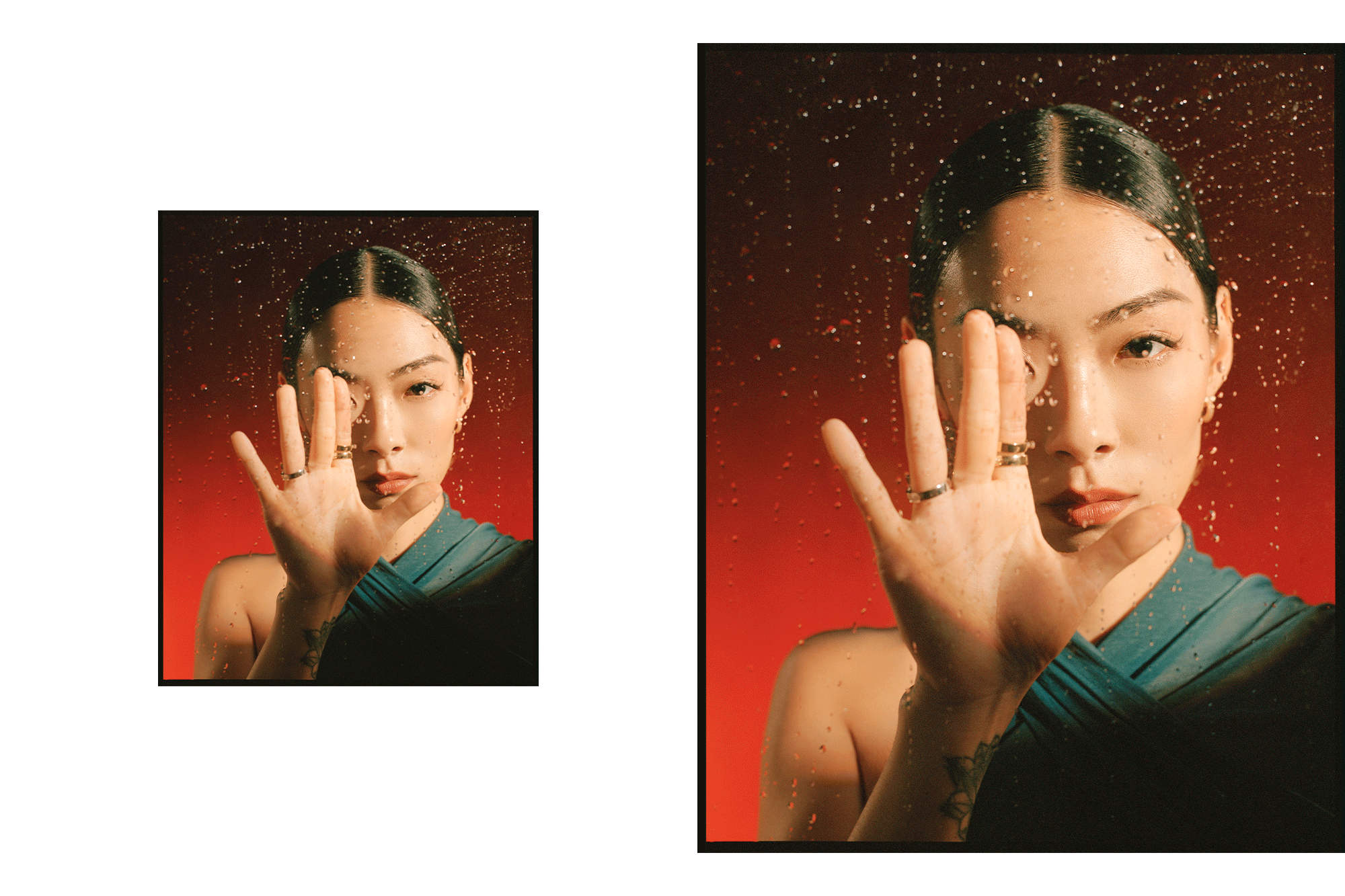
You went to Cambridge [University]. You said that you studied political science, psychology, and sociology. What drew you to that and how did you make that pivot to being like, "Okay, I'm just gonna go for music."
Music was something I've just always done throughout my whole life and university was no exception. I tried as hard as possible to do music on the side—it just gave me so much joy.
Cambridge really didn't have a pop music scene. I would travel to London and come back and perform with my band that I have been in since I was 16.
It was a big culture shock. But I'm really glad I did that, because I feel like I've got a bit more perspective.
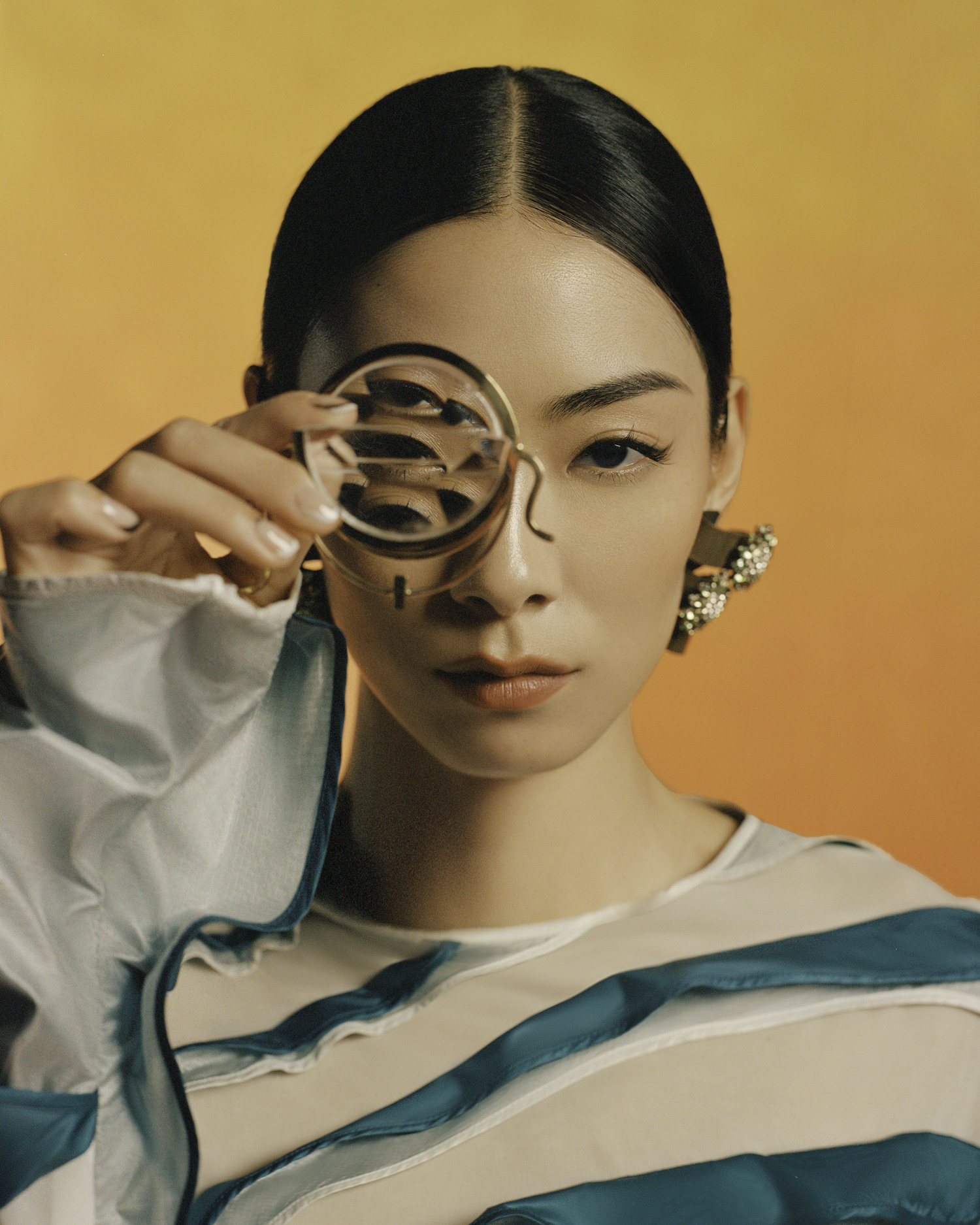
Do you feel like being in that environment made you more passionate about music and pursuing that career?
I think that it eliminated things I didn't want to do. I definitely didn't want to do politics, did not want to do academics. I think it eliminated the things I didn't want to do and I didn't want to. I didn't want to not do anything creative.
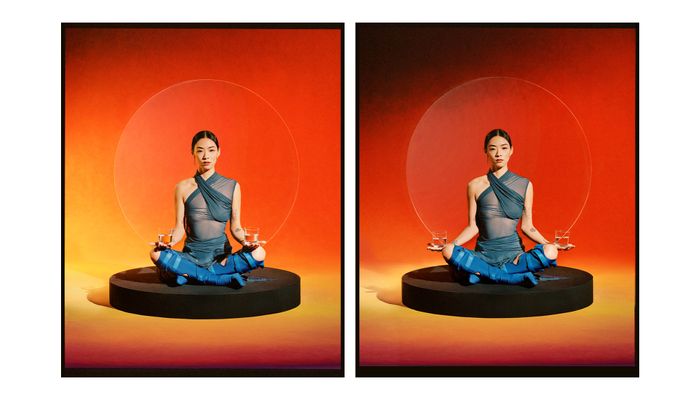
How was that transition for you? You began releasing your own music in 2013, but you didn't sign with Dirty Hit until 2019. What was that transitional period like for you?
It was fun. It was rogue. It was very DIY, but it was so worth it. Being independent for that long and having to finance everything is an actual nightmare.
It's minimum 10,000 pounds to make a music video. To save that in the real world is just insane. I got by with grants. I had some amazing grants—PRS gave me a grant, which was so helpful.
So much day to day was not about making music. It was about how to survive and it was about how to fund the next thing.
I'd get booked for modeling gigs in between and I'd fly back to London to do that. It was a hustle and I wasn't focusing on music—I couldn't. It was really nice when I signed with Dirty [Hit] that I could be like,"I don't have to think about that anymore."
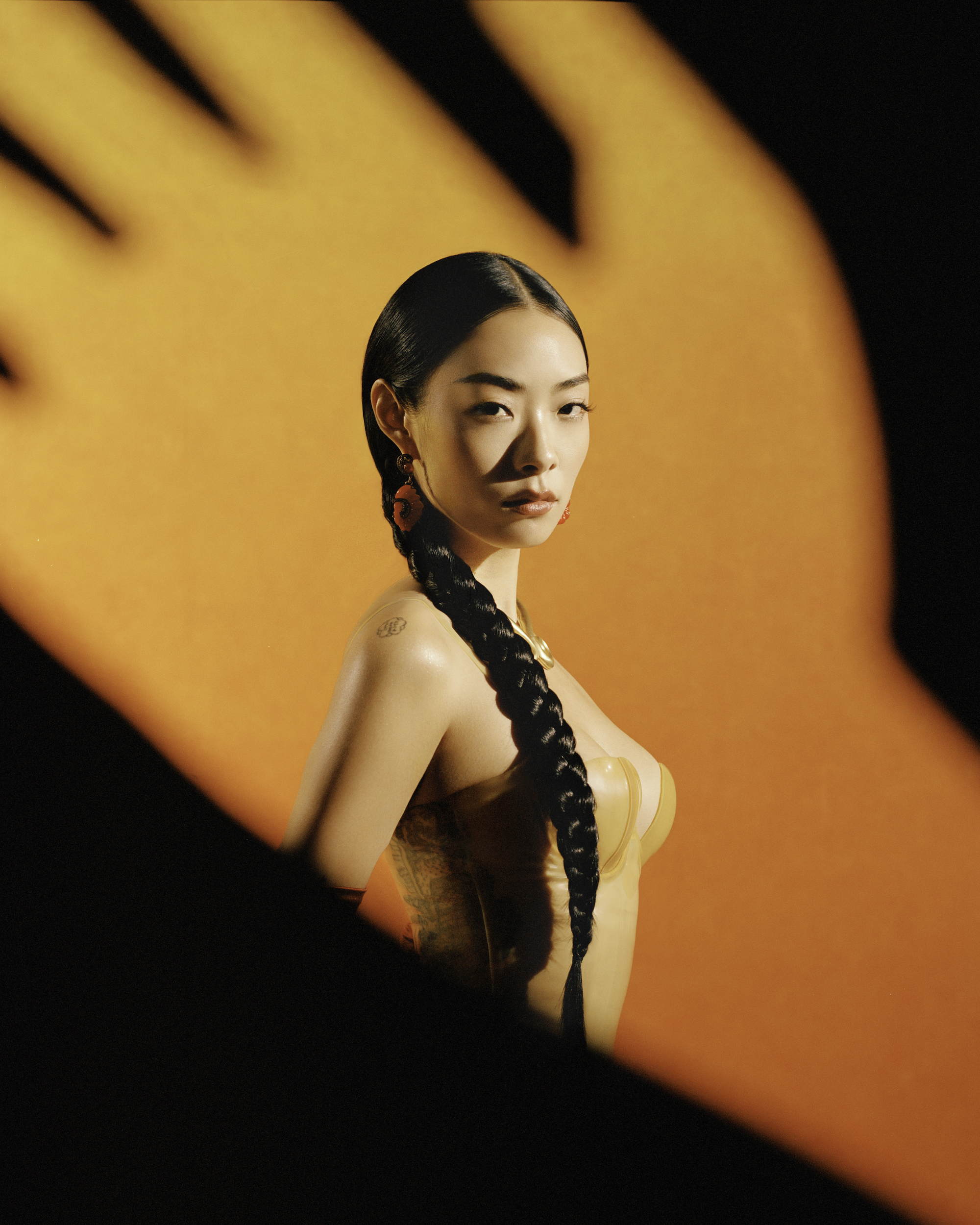
You released your debut album in the pandemic. What was that like for you? Now that you're able to sell out an actual venue? Are you excited to connect with your fans in person?
It's been really weird to see all this happen online, because things online don't seem really real. There is such a big disconnect between what's going on online and what happens in real life.
It really didn't hit until I did my UK tour and then probably more so my US tour, because I hadn't gone on tour in the US for headline show since 2018.
Being able to see people was amazing. That's the satisfaction I get from writing music is that whole journey of writing it on your own—or with two other people—and then releasing it, then performing it and then speaking to someone who've been affected by it. That's the completion of the songwriting process for me.
That's been creatively so satisfying. I'm just incredibly grateful.
This interview has been edited and condensed for clarity. Next up, check out our previous episode featuring Erin Walsh.
-
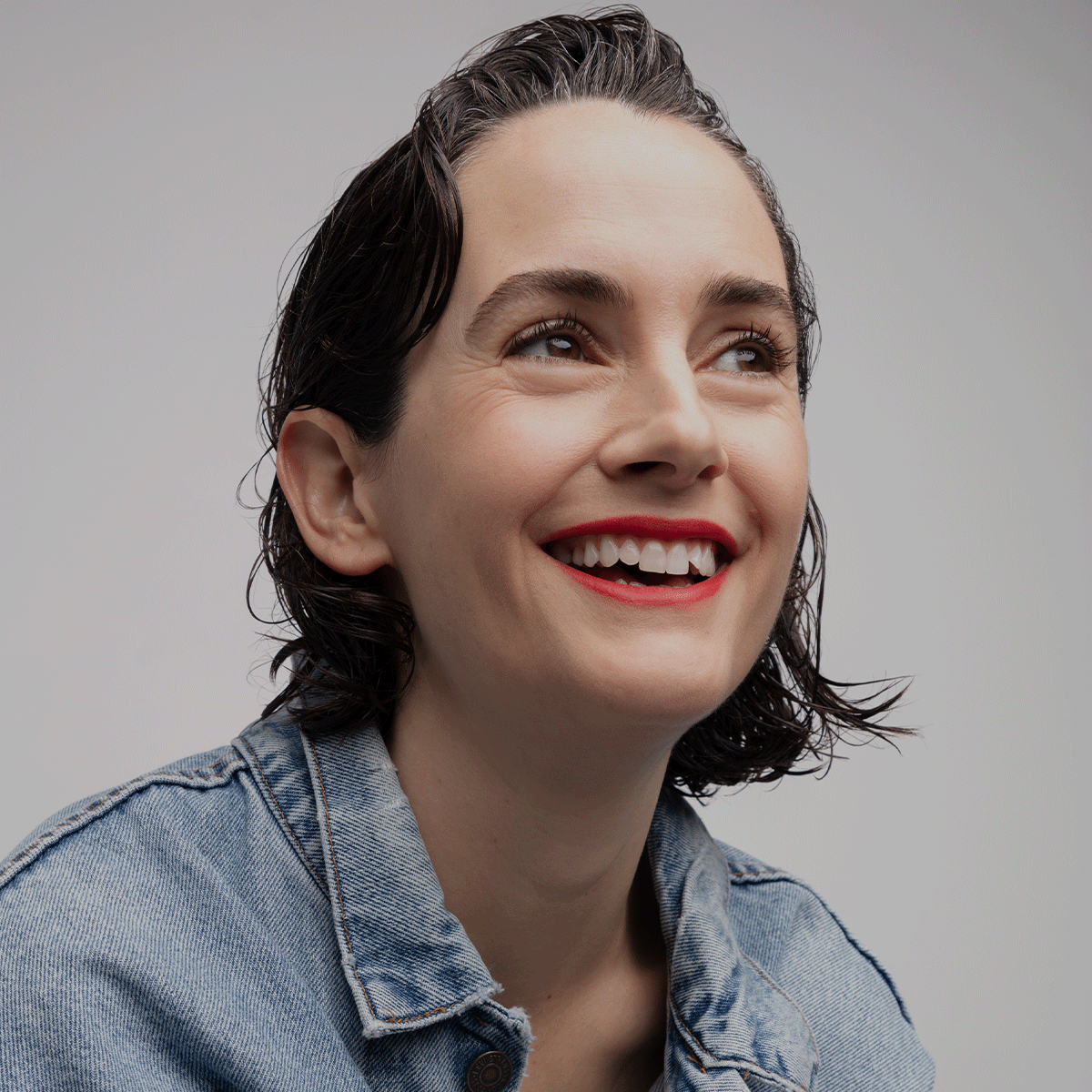 How Celebrity Stylist Karla Welch Dresses Clients for Award Season
How Celebrity Stylist Karla Welch Dresses Clients for Award SeasonPlus, Welch breaks down some of the most iconic looks she's styled.
-
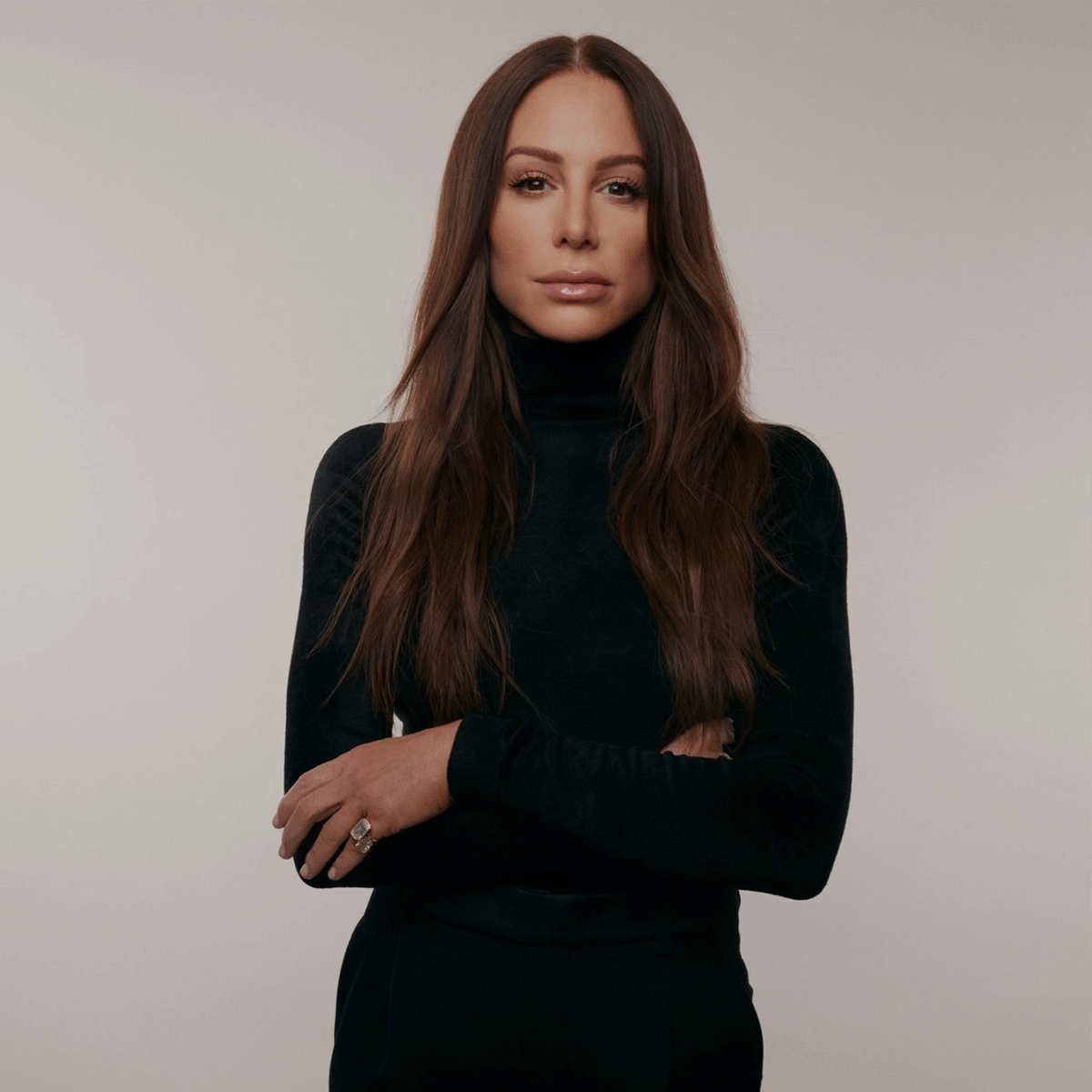 The Pieces Jennifer Fisher Is Obsessed With Right Now
The Pieces Jennifer Fisher Is Obsessed With Right NowSpoiler alert: You can never have too many pairs of sunglasses.
-
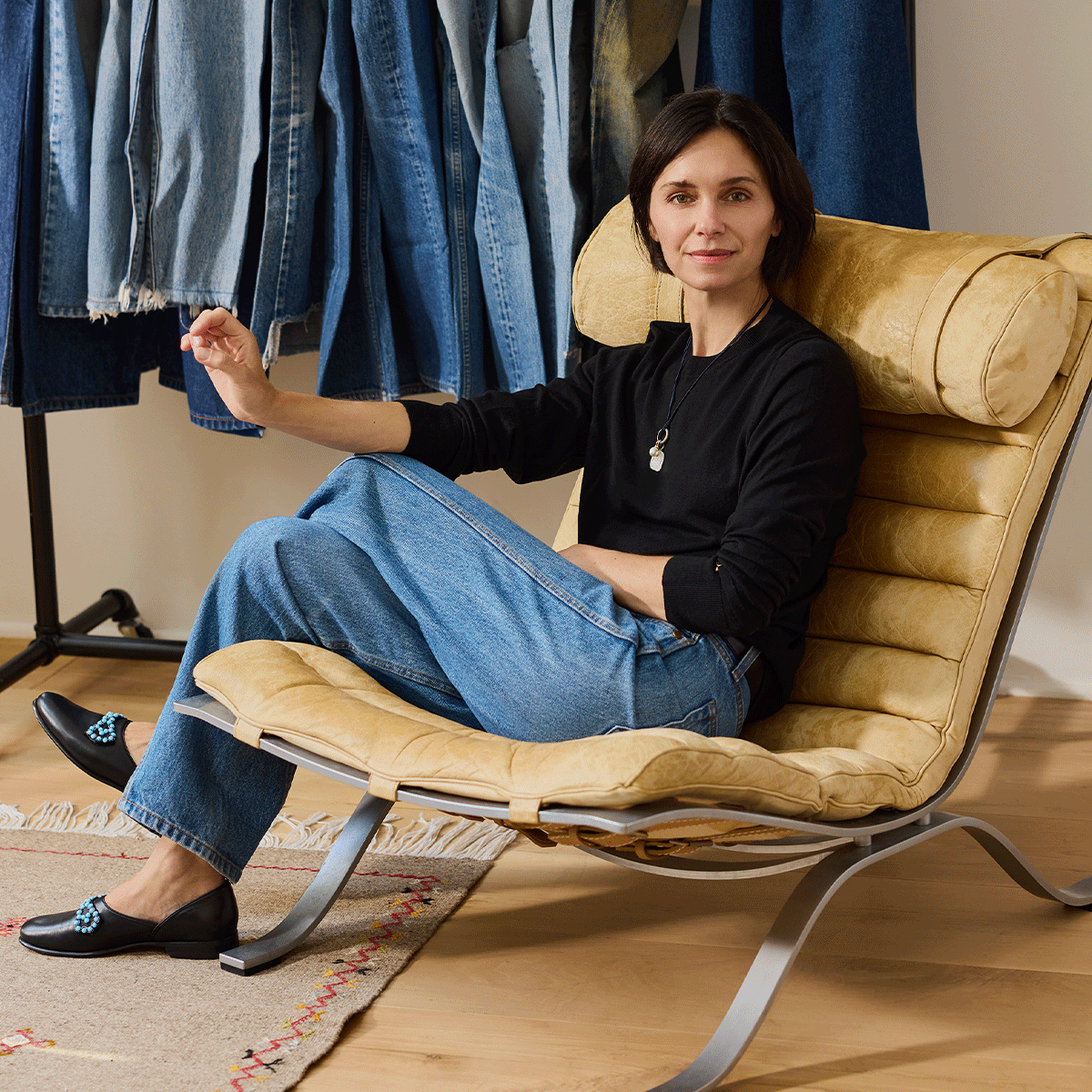 The 5 Pairs of Jeans Everyone Should Own
The 5 Pairs of Jeans Everyone Should OwnAccording to a denim expert.
-
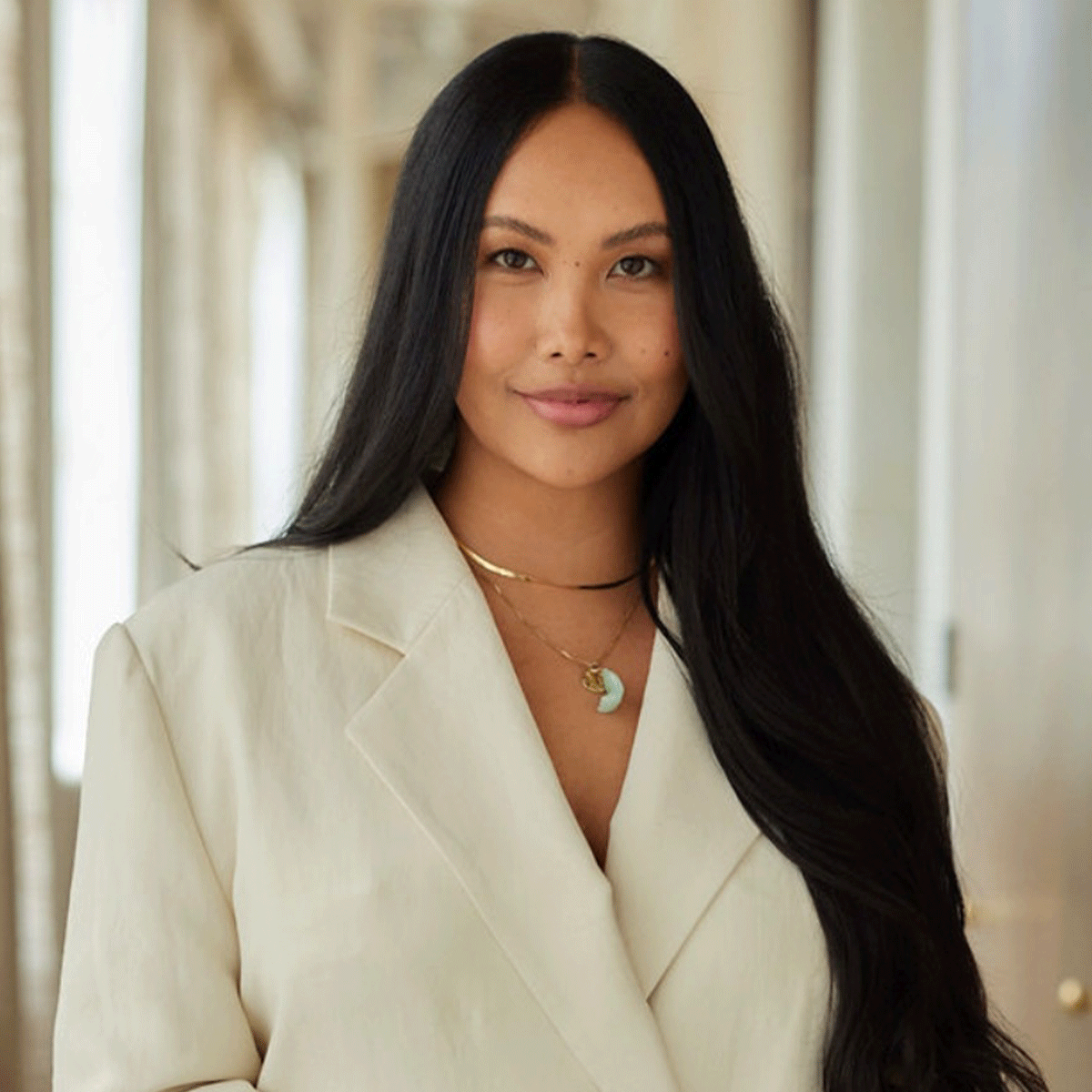 The Most Exciting Beauty Treatments to Try in 2026
The Most Exciting Beauty Treatments to Try in 2026According to an expert.
-
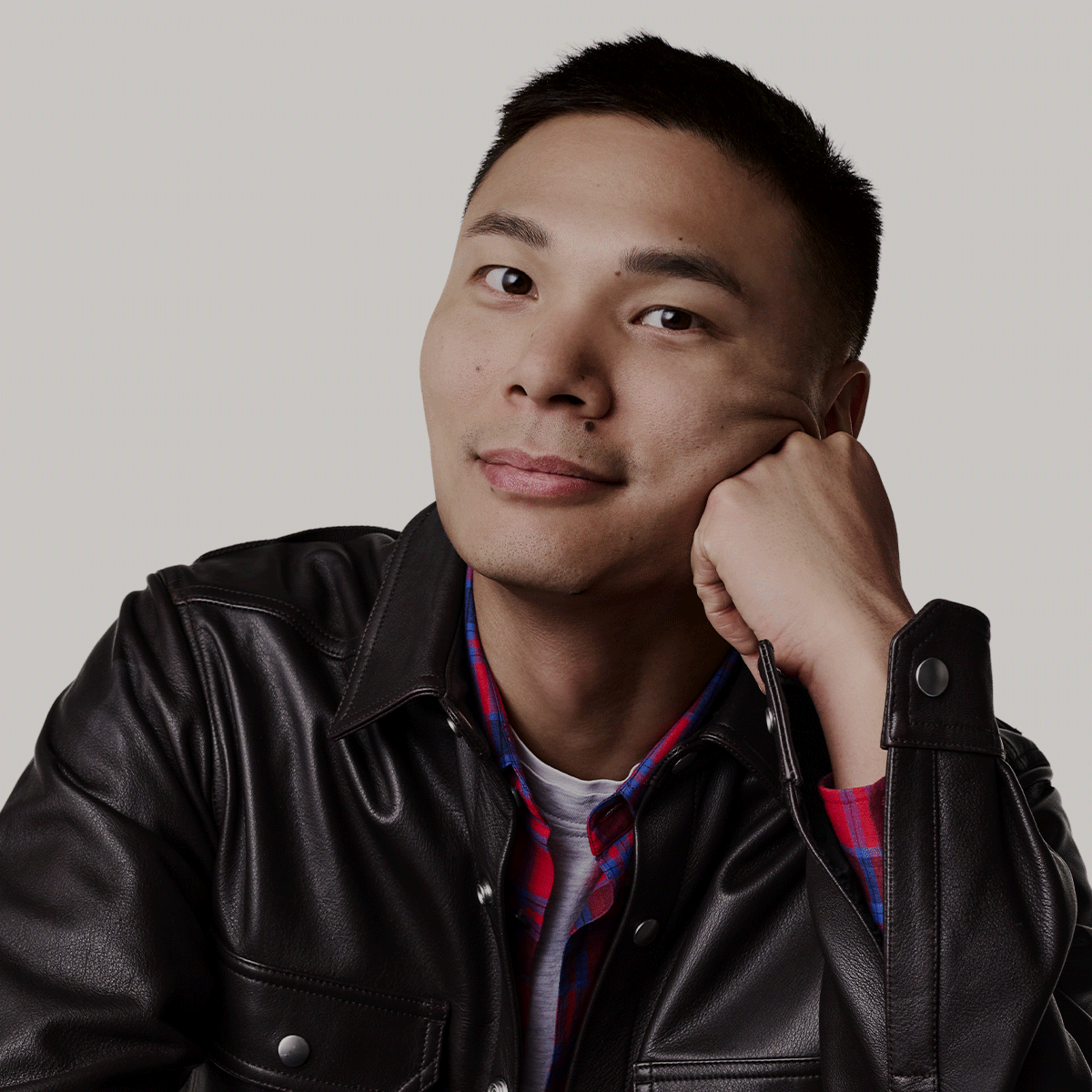 The Styles You Should Add to Your Closet in 2026
The Styles You Should Add to Your Closet in 2026According to Holt Renfrew's fashion director.
-
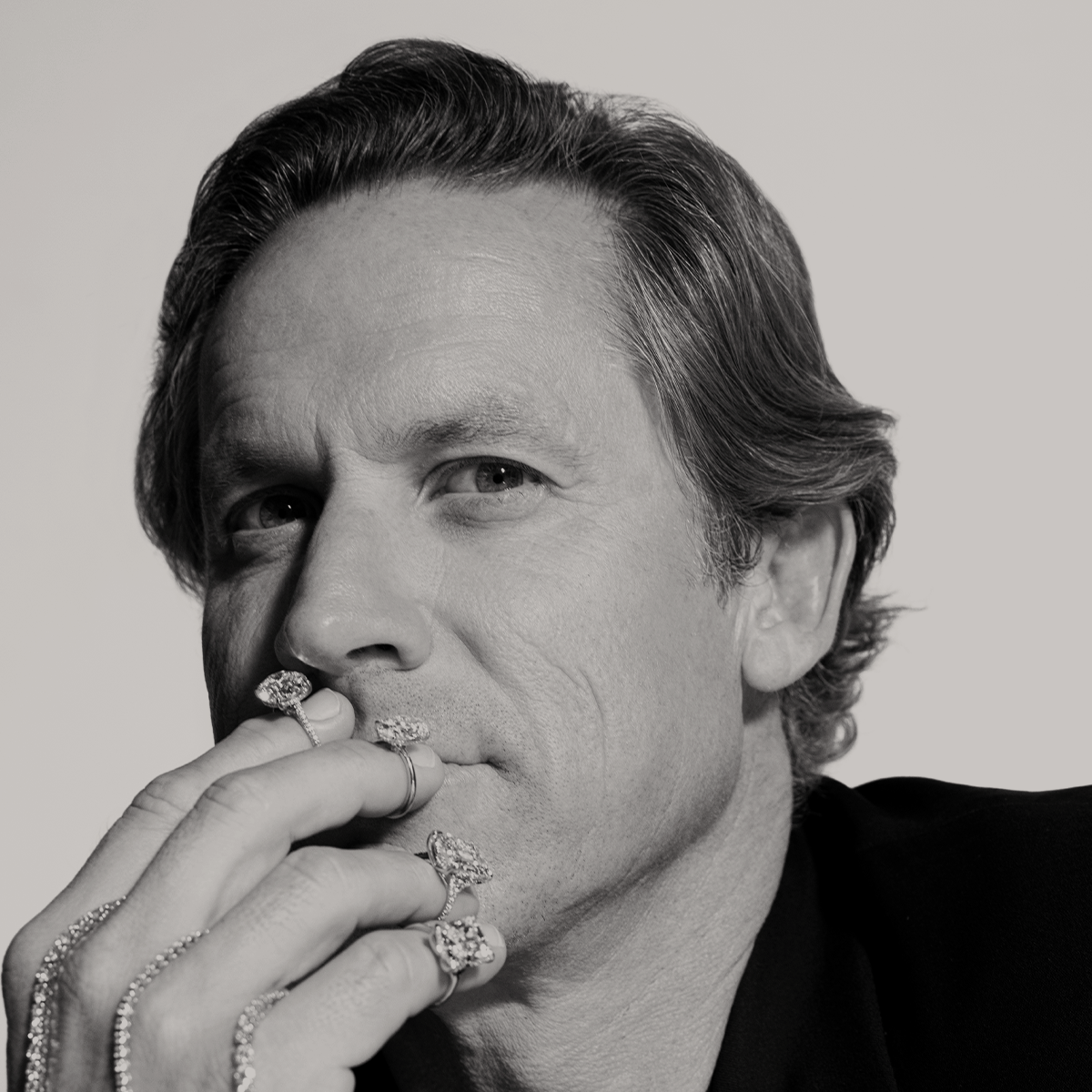 The Jewelry Essentials Everyone Should Own
The Jewelry Essentials Everyone Should OwnAccording to an expert.
-
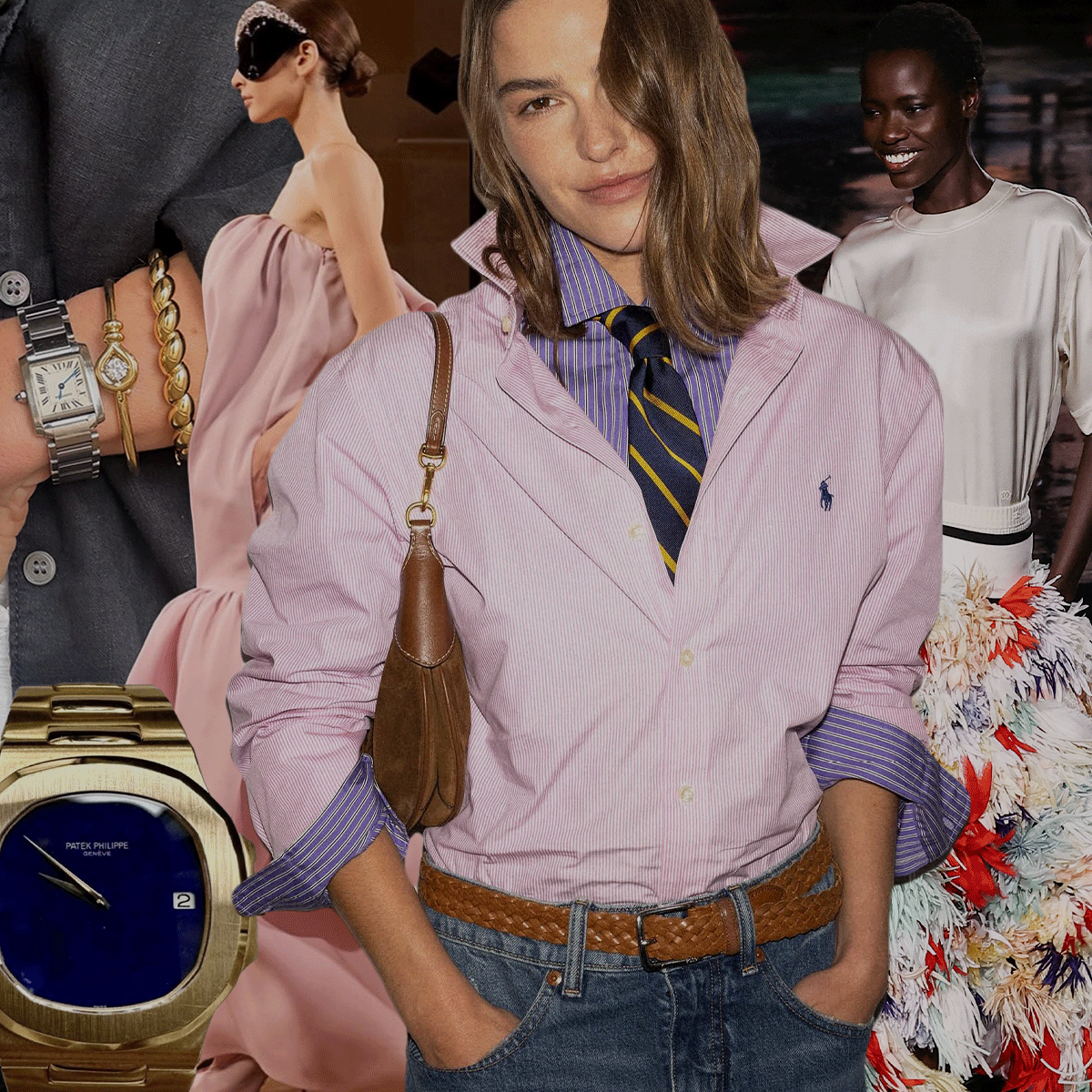 Breaking Down the 2025 Luxury Report, From It Bags to New Creative Directors
Breaking Down the 2025 Luxury Report, From It Bags to New Creative DirectorsAnd how Gen Z is getting in on the action.
-
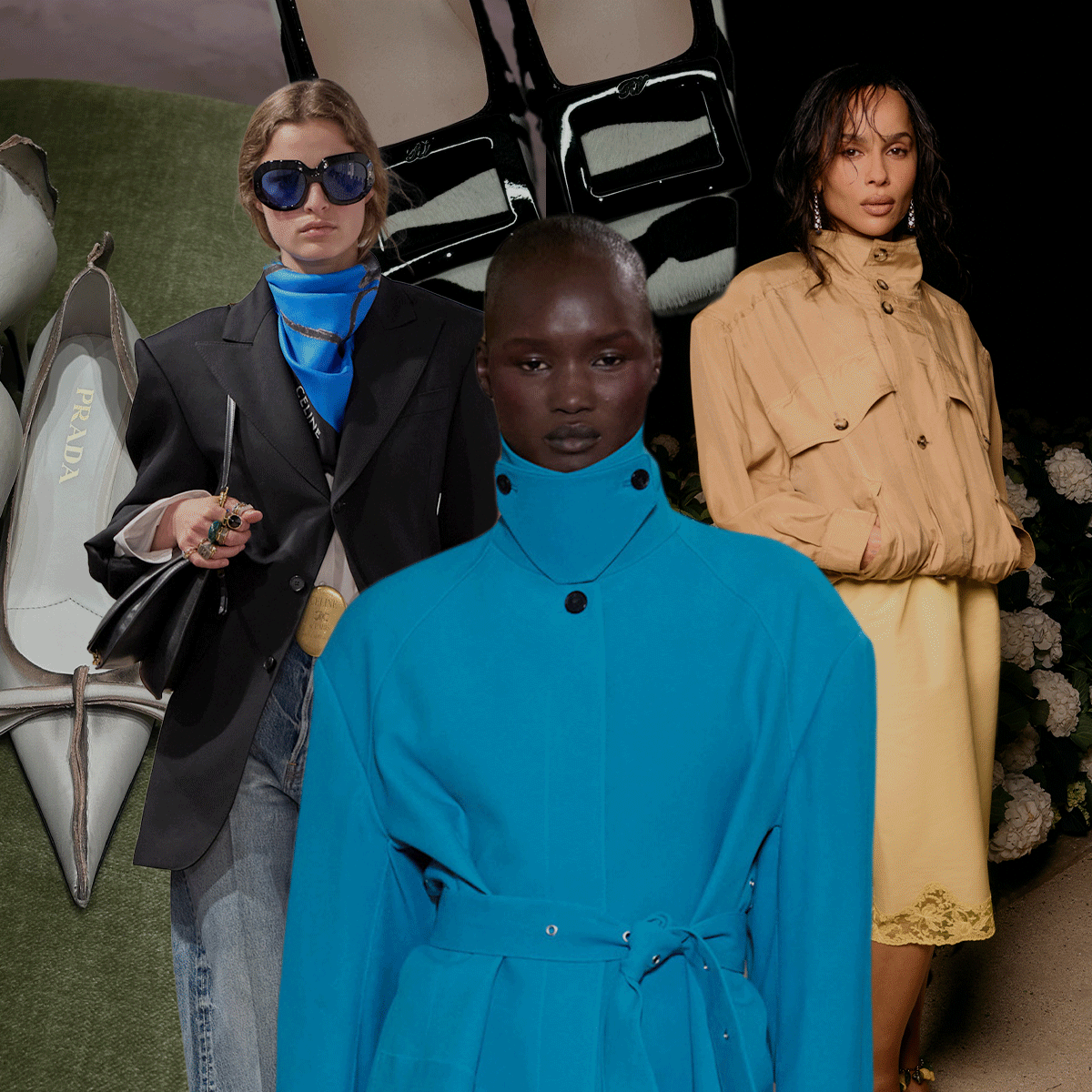 Your Download on 2025's Biggest Trends and Where Fashion's Headed in 2026
Your Download on 2025's Biggest Trends and Where Fashion's Headed in 2026Breaking down fashion's biggest moments and trends of the year.
